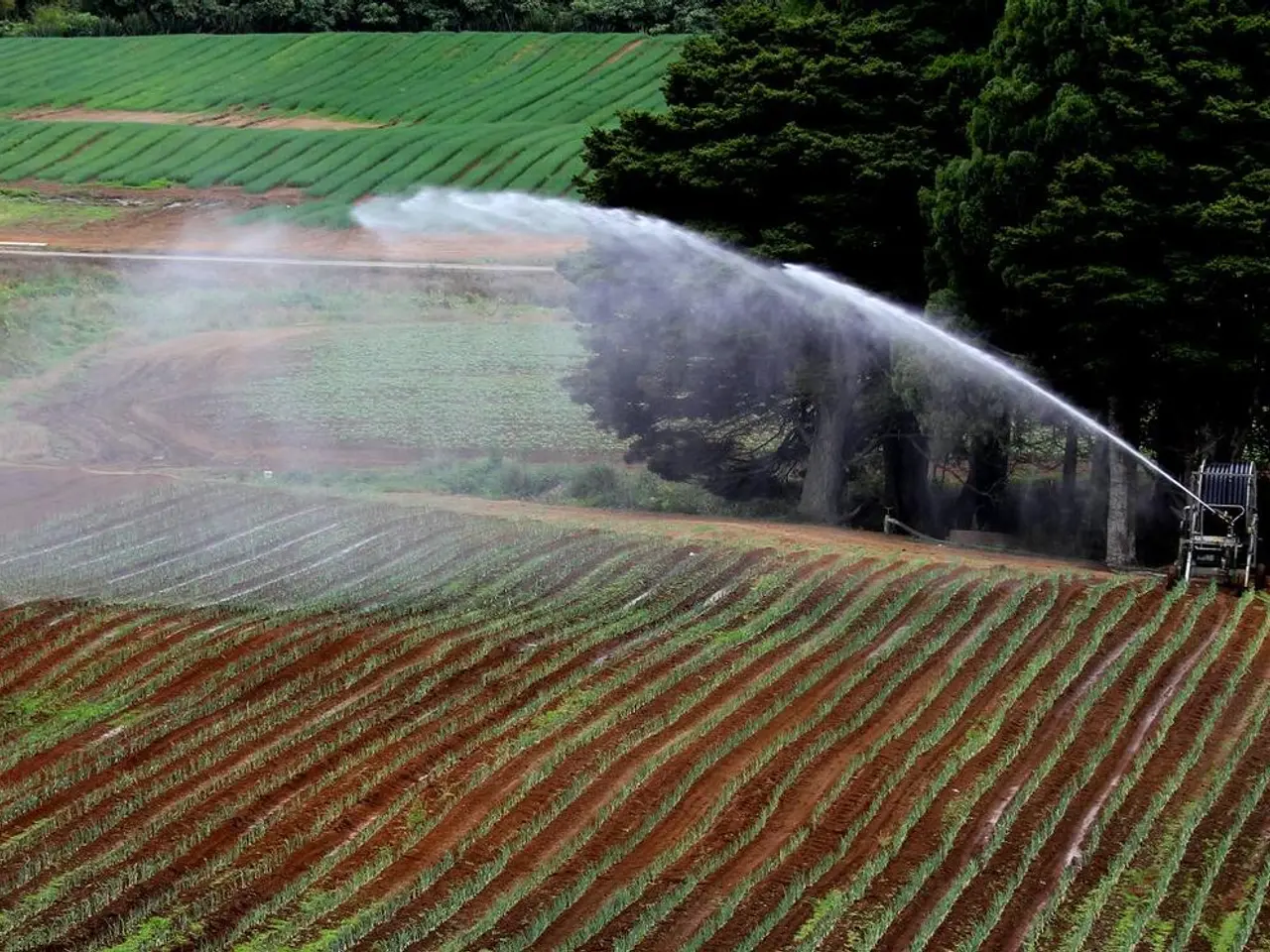The Story of Taiwan's Agrarian Development and South-to-South Cooperation
Analysis of 'Straw Hat Diplomats': Unraveling the Ascendancy and Decline of Taiwan's Cold War Foreign Aid Policy
In the late 1950s to early 1970s, Taiwan embarked on a transformative journey in its agricultural sector. This period saw a concerted effort to modernise farming practices, boost productivity, and expand agricultural education. The significance of this transformation cannot be overstated, as agriculture was a major sector of Taiwan's economy at the time.
The Rise of South-to-South Cooperation
During this era, the concept of South-to-South cooperation, where developing countries collaborate to address common challenges, was gaining traction. Initiatives like sharing knowledge, resources, and expertise in areas like agriculture were aimed at boosting development. One such initiative, Operation Vanguard, although not extensively documented in the context of Taiwan's agrarian development, represented a trailblazing paradigm of South-to-South cooperation, focusing on Third World solidarity and non-Western knowledge.
The Impact of Agrarian Development
The emphasis on agrarian development had several significant impacts on Taiwan. Firstly, it laid the groundwork for Taiwan's economic transformation from an agrarian society to a more industrialised economy. The success in agriculture allowed for investments in other sectors, contributing to Taiwan's rapid industrialisation.
Secondly, improvements in agricultural productivity helped ensure food security for the population, which was crucial during a period of rapid population growth.
Thirdly, any South-to-South cooperation would have contributed to international goodwill and potentially enhanced Taiwan's global standing. However, specific details about Operation Vanguard's direct impact are not available.
US-Inspired Initiatives and Political Implications
The US played a significant role in Taiwan's development diplomacy during this period. The US-based International Cooperation Administration (a predecessor to USAID) funded the Joint Commission for Rural Reconstruction (JCCR) in Taiwan. The JCCR, along with scholars from Cornell University, argued that farmers associations inculcated democratic principles.
Moreover, the fraternal overtures of Operation Vanguard obscured its fundamental political nature, which was to secure votes for the ROC in the UN. The US-inspired community-based initiatives known as 4-H were a part of the promotion of farmers associations in Taiwan.
The Shift in Focus
With the ROC's expulsion from the UN in 1971, development was refocused on health and infrastructure. The Chinese Nationalist Party's (KMT) efforts to construct a "sociotechnical imaginary of Taiwan as leading a vanguard of the developing world" is another fascinating angle in the history of development. However, the focus on modernity, technology, and science as transcending politics was criticised as a narrow, apolitical solution in a complex political world.
The Legacy of South-to-South Cooperation
Despite the best efforts, the export of the Taiwan model of development was ultimately a failure, unable to prevent the fall of the Republic of Vietnam to communism or achieve change in Africa. The book argues that an early example of South-to-South cooperation had no lasting impact. Nevertheless, the story of Taiwan's agrarian development and South-to-South cooperation initiatives offers valuable insights into the complexities and challenges of development diplomacy during the Cold War era.
In the realm of education and self-development, the emphasis on agricultural education during Taiwan's agrarian development enabled a workforce that was knowledgeable in modern farming practices, boosting productivity and shaping the agriculture sector.
As a result of South-to-South cooperation initiatives like Operation Vanguard, developing countries were encouraged to collaborate, share knowledge, and learn from one another in various areas, including agriculture, fostering global development and understanding.




